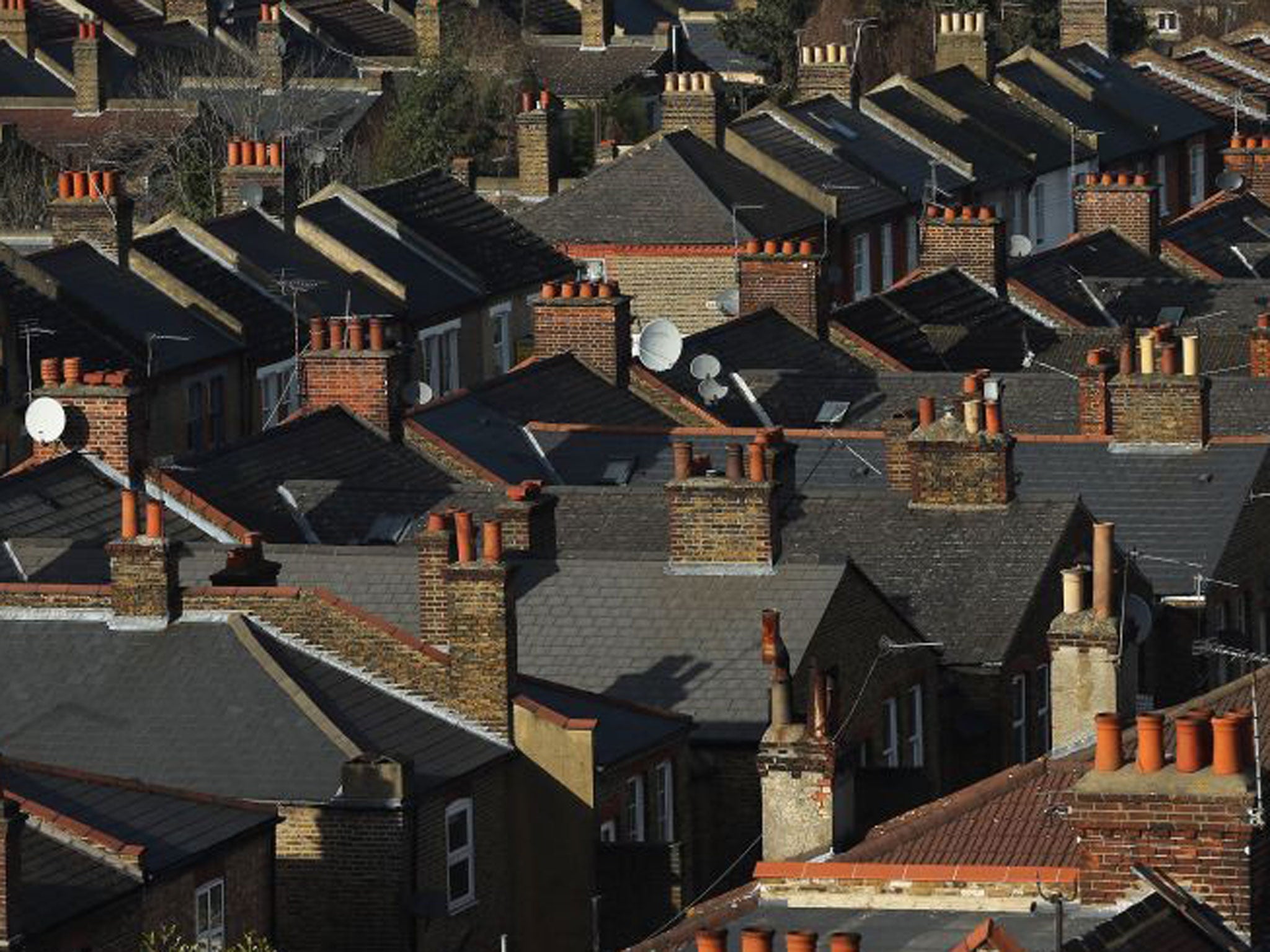Budget 2014: Stamp duty clampdown hits rich buying houses through companies
George Osborne had already imposed duty on all properties bought through a 'corporate envelope' above £2m

Your support helps us to tell the story
From reproductive rights to climate change to Big Tech, The Independent is on the ground when the story is developing. Whether it's investigating the financials of Elon Musk's pro-Trump PAC or producing our latest documentary, 'The A Word', which shines a light on the American women fighting for reproductive rights, we know how important it is to parse out the facts from the messaging.
At such a critical moment in US history, we need reporters on the ground. Your donation allows us to keep sending journalists to speak to both sides of the story.
The Independent is trusted by Americans across the entire political spectrum. And unlike many other quality news outlets, we choose not to lock Americans out of our reporting and analysis with paywalls. We believe quality journalism should be available to everyone, paid for by those who can afford it.
Your support makes all the difference.More foreign millionaires buying properties in the UK will be caught in the stamp duty net after the Chancellor clamped down on the practice of getting around the tax by making their purchases through companies.
The Chancellor had already imposed the duty on all properties bought through a “corporate envelope” above £2m. But from midnight tonight it will fall to just £500,000.
That will mean that practically every property in London bought for investment purposes by the international rich through companies will fall into the 15 per cent tax bracket.
“Many of these are empty properties held in corporate envelopes to avoid stamp duty,” George Osborne said.
It was one of several attacks on the very wealthy, including new taxes on private jets in the form of an extension of air passenger duty.
Also, people who sign up to tax avoidance schemes will be required to pay their taxes upfront while the HMRC or the courts decide whether they are legal. If they are approved after that process, the tax will be repaid with interest. That move should bring forward £4bn of tax revenues.
Cormac Marum, accountant at Harwood Hutton, said: “The Chancellor is clearly tightening the noose in his relentless campaign against the tax arrangements of the super-rich.”
On tax avoidance, Mr Osborne said he was increasing HMRC's budget to stop non-compliance.
He added: "We will give HMRC modern powers to collect debts from bank accounts of people who can afford to pay but have repeatedly refused to, like most other Western countries."
Join our commenting forum
Join thought-provoking conversations, follow other Independent readers and see their replies
Comments